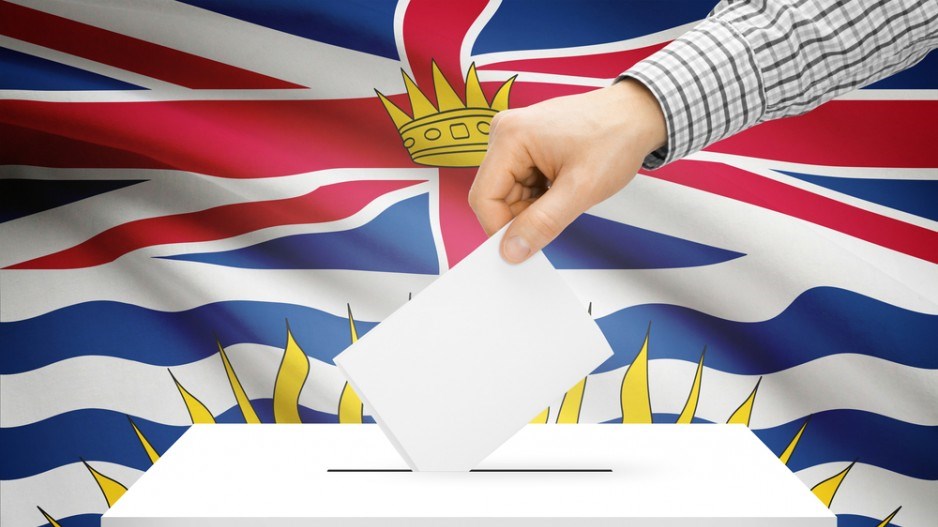B.C.’s chief electoral officer Anton Boegman recommended six major changes to the B.C. elections act to address issues surrounding foreign interference, social media bots and third party advertising transparency.
Boegman acknowledged that COVID-19 has burdened the legislature with more pressing issues but hopes MLAs will act to protect the next election currently scheduled for October 2021.
“I encourage legislators to take proactive steps to safeguard our electoral process before the province’s next provincial election,” said Boegman.
The recommendations fall under three main themes according to Elections B.C.; fairness, transparency and compliance. To improve the fairness of British Columbian elections, Boegman recommends adding specific language to the Election Act to prevent misleading advertising, disinformation and impersonation. These changes include proactive measures targeting online miscommunication and the introduction of specific restrictions against deliberate disinformation about voting eligibility, dates, times and locations among other things. Boegman would also like to introduce restrictions on intentionally impersonating or making false statements about political parties or candidates. He also recommends introducing significant penalties including prison time for non-compliance with these recommendations asking that legislators hold individuals and organizations accountable for advertisements that purport to be statements of fact but are inaccurate or misleading.
Preventing foreign interference was another area Boegman focuses on to improve fairness and protect elections. Boegman recommends the requirement for individuals and organizations that sponsor third party advertising to reside or register in B.C. and that advertising be purchased in Canadian funds from a Canadian bank account. He also recommends a prohibition on advertising platforms from accepting election advertising from foreign or out-of-province entities and to limit the amount of self- funding for third party advertisers
To increase transparency, Boegman recommends requiring social media bots that publish election advertising disclose their automated nature. He also recommends creating an advertising registry as well as expanding the definition of election advertising so that more organisations are covered by the act.
The digital age also brought with it an era of non-compliance. The report highlights how digital platforms and cyber space paired with a short election cycle increase the risks to the election process while decreasing the amount of time available for enforcement. The report recommends instituting significant and meaningful fines for non-compliant digital platforms, as well as requiring the removal of non-compliant content within a specific timeframe, and establish a duty of care for digital platforms that obliges them to minimize the harm caused by the non-compliant content.
As elections around the world have shown, we cannot take for granted that provincial elections in B.C. will always be free from the kinds of cyber threats,”concluded the report. “Effectively protecting our democratic processes from these threats means that we need to take proactive steps now to ensure our electoral legislation is fit for the digital age.”




